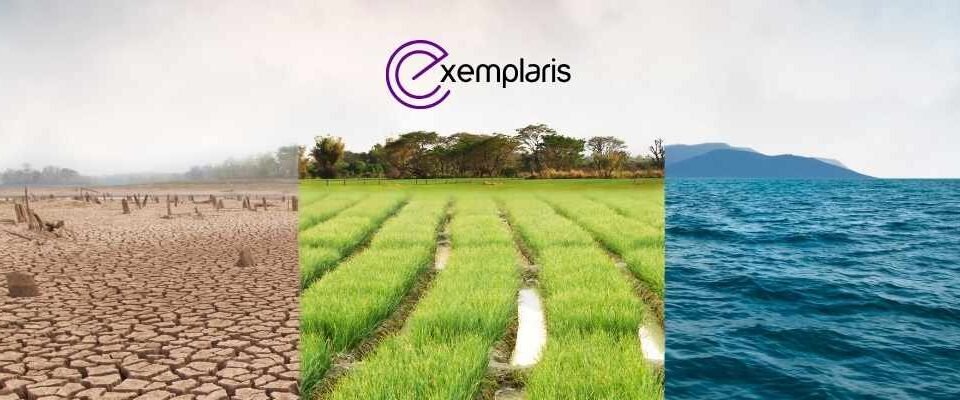
Passaportes Digitais de Produtos (DPPs)
24/04/2025
Crise hídrica e gestão de recursos hídricos
30/04/2025Digital Product Passports: Transparency, Innovation, and the Future of Global Sustainability
As sustainability becomes a priority on corporate agendas, supply chain transparency emerges as a competitive advantage. Companies worldwide are rethinking how to clearly and accessibly demonstrate their products’ environmental and social impact.
In this context, Digital Product Passports (DPPs) are gaining prominence as essential tools for tracking and communicating detailed information about products throughout their life cycle. They are about to usher in a turning point in how we produce, sell, and consume — and their impact goes far beyond the European Union.
Digital Product Passports (DPPs) is the official term adopted by the European Commission, particularly in the context of the Green Deal (the EU’s plan to make its economy sustainable and carbon neutral by 2050), through the Ecodesign for Sustainable Products Regulation (ESPR) and circular economy strategies.
DPPs consolidate all relevant information about a product’s life cycle into a single digital record — accessible via QR code or other technologies — including raw material origin, production processes, carbon footprint, labor practices, environmental and social impacts, repairability, and instructions for reuse or disposal. This record enables consumers, business partners, and regulatory bodies to access a clear, standardized, and verifiable overview of the product’s history.
The goal? To create a more transparent, traceable, and sustainable market.
Although the European Union is leading the implementation of DPPs, with plans to make them mandatory by 2030, companies around the world are recognizing their benefits as a future global standard — representing a major opportunity for businesses in any country to stay ahead of new international trade requirements and the expectations of the next generation of consumers.
Why should we pay attention now?
- Regulatory compliance: Anticipate legal requirements in international markets (the EU plans to make DPPs mandatory by 2030).
- Competitive advantage: Meet growing demand for sustainable and transparent products and build consumer trust.
- Circular economy in practice: With a product’s history always accessible, it becomes easier to promote reuse, repair, and recycling.
- Operational efficiency: Improve supply chain management and reduce risks associated with unsustainable practices.
- ESG transformation: This kind of innovation strengthens environmental, social, and governance practices in a structured way.
Is it still a challenge? Absolutely. Implementing DPPs requires investment in technology, data organization and standardization, and collaboration across the value chain (suppliers, manufacturers, and retailers). But companies that start now will be one step ahead — it’s a solution that crosses borders, integrating sustainability, traceability, and innovation in a practical way.
Is your organization already talking about this? Do you believe consumers are ready to demand this level of transparency? Or is there still a long road ahead?
Adriana Moraes Mendes Soares – https://www.linkedin.com/in/adrianamms86/
Sustainability & Compliance Expert | MSc in Ecology & Environmental Management | QHSE Certified Auditor
Lisbon, Portugal
April 24th, 2025




